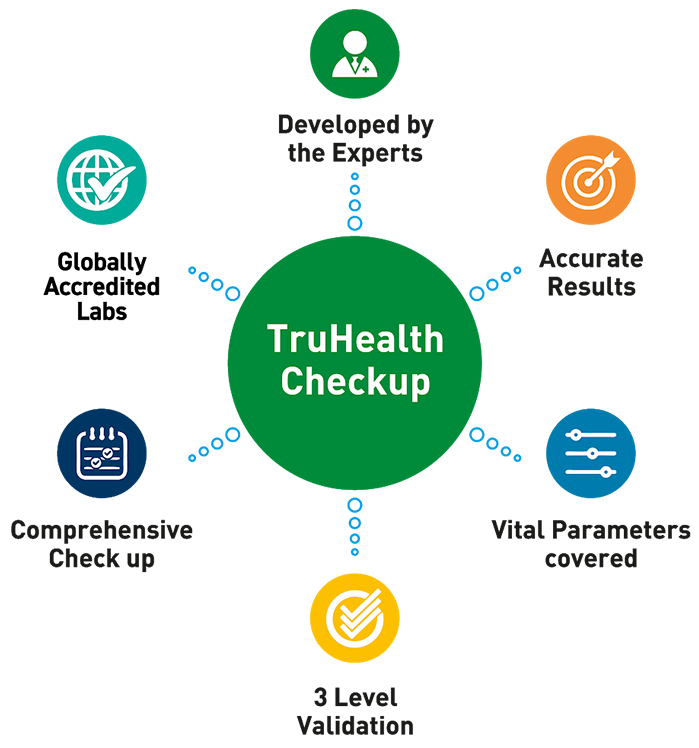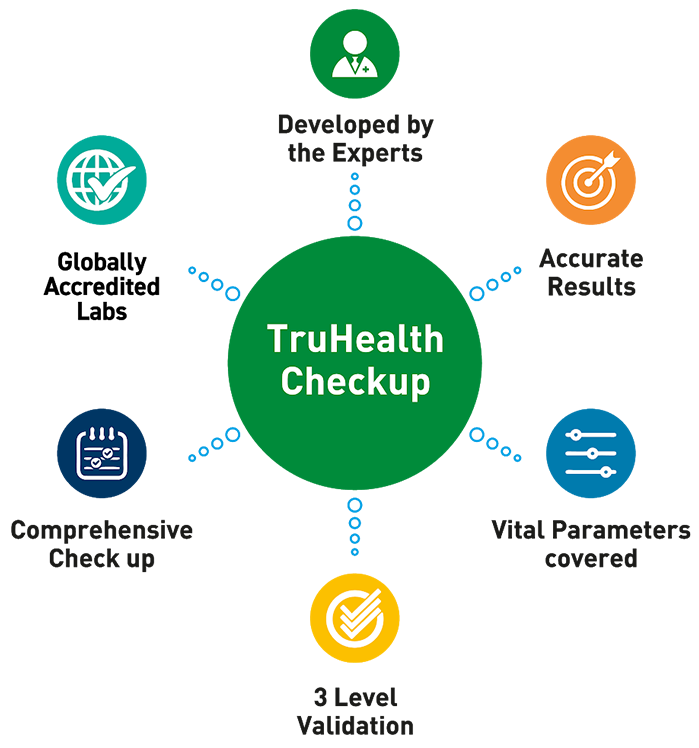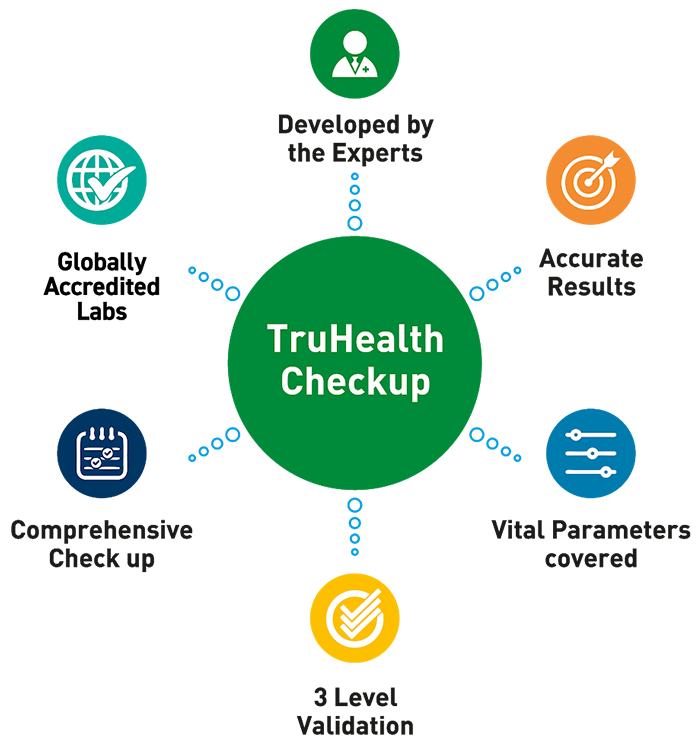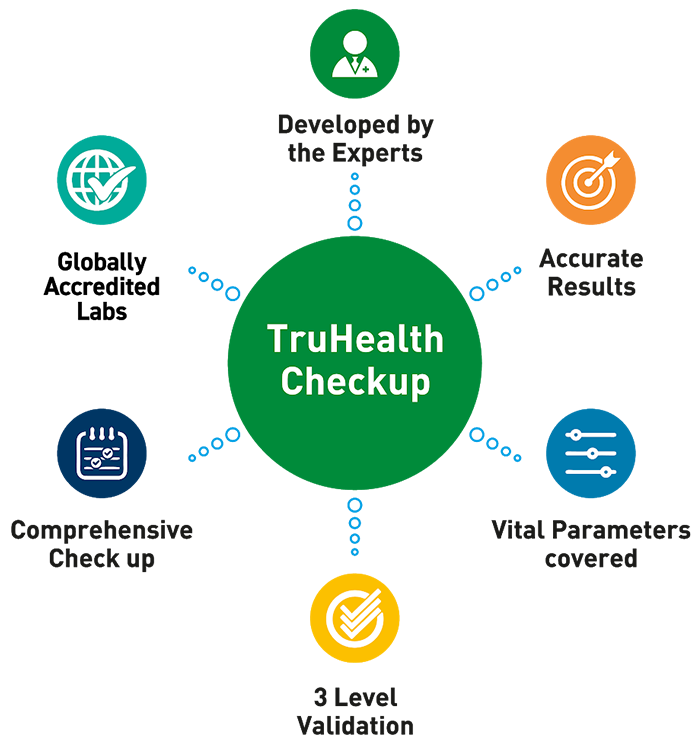Lifestyle
Allergy Blood Tests: Purpose, Procedure & Results

Table of Contents
- What is an Allergy Blood Test?
- What is it Used For?
- Allergy Blood Test Vs Allergy Skin Test: What’s The Difference?
- Why is Allergy Comprehensive Profile Blood Test Prescribed?
- What Happens During an Allergy Profile Test?
- What are the Components of Allergy Comprehensive Profile Blood Test?
- What do the Results Mean?
- Conclusion
Allergies are very common in humans. and the human body is inherently allergic to certain items and things. In a way, it shows how similar everybody is, even though they may look different. Let us know more about the vast world of allergies and how a simple allergy profile test can diagnose and help prevent it! Also, your doctor may come up with an allergy profile test list for you, based on possible allergies you may have.
What is an Allergy Blood Test?
An allergy blood test or an allergy profile blood test is an examination of your blood sample to check its response to different stimuli. In other words, the test checks the sample for the presence of immunoglobulins or IgE in the blood after the stimuli have been provided. If there are specific antibodies in response to any stimuli, it would indicate that the person has an allergy to that item. You can ask your doctor about the allergy blood test name if you doubt you have one.
A person can be allergic to multiple items or a single one, depending on their exposure to that thing. It is a general principle that most people will develop some form of minor allergy to the foods and elements that they are exposed to. Most times, a complete allergy test will reveal small percentages of allergies for a series of items.
However, a minor percentage of >5% or even >10% may not be fatal for the person. At worst, there may be some discomfort in the body. However, a major allergy of >50% can be fatal even in some cases.
This is why getting an allergy comprehensive profile test is suggested to know your chances of risk.
Some of the most common allergens include:
-
Specific food items, including nuts, milk, wheat, soy, shellfish, and sesame
-
Dust and dirt
-
Rubber or latex
-
Pollen and flowers
-
Certain medicines
-
Insect bites or stings
What is it Used For?
An allergy profile test is prescribed by a specialist when the patient has already experienced an allergy attack, and the doctor needs to know what the allergen is to treat it. At times, patients who already know their allergens may simply want to get a comprehensive allergy test done just to know the status of their allergies. This is because allergies are progressive, and a patient’s tolerance towards a specific allergen may decrease over time and age.
Allergy Blood Test Vs Allergy Skin Test: What’s The Difference?
An allergy blood test or an allergy profile test is the best way to know your allergy status. This is done by drawing some blood from the patient’s vein and sent off for testing at a laboratory. The allergy profile test report will show any of the following two parameters:
-
Total IgE: This shows the total quantity of immunoglobulins in your body and is a broad analysis of the scenario. It takes the larger picture into account and is used when the causal allergen is already known. In many ways, it is less accurate, but it is also inexpensive compared to the other procedures.
-
Specific IgE: A specific IgE test shows the IgE levels for specific allergens and items and is, thus, far more accurate. It is generally done when the patient has come to get an allergy profile test done for the first time in their life. Thus, the doctor must know the specific allergens the patient cannot tolerate and accordingly prescribe methods and medicines to prevent it.
In contrast to a complete allergy test, an allergy skin test is performed by pricking the skin and applying an allergen to check the response. It is far quicker than an allergy blood test, as the results are immediate. However, this method does not work in many cases, especially for people who have some sort of skin condition. Moreover, an allergy skin test depends on the technician’s skill, which may cause inconsistent results in some cases.
Why is Allergy Comprehensive Profile Blood Test Prescribed?
Doctors always prescribe an allergy comprehensive profile for the following reasons:
Accurate Results: A comprehensive allergy test is the best way to get an accurate result every time. The test is conducted in a controlled environment and performed by experts. Moreover, the results are cross-checked with a digital analyser, which helps to provide a 100% accurate result every time.
Comprehensive Allergy Report: A complete allergy test helps the doctor to know the status of the patient, what the specific allergens are that they are allergic to, and the things to avoid. It provides the doctor with complete information so they can suggest a better treatment for an ailing patient.
Efficient Diagnosis: A complete allergy profile test helps in diagnostics as specialists can look out for all the allergens of a patient. It helps to make better recommendations in terms of diet, clothing choices, and lifestyle choices as well. Thus, the patient can live a better life without the fear of an allergic attack.
What Happens During an Allergy Profile Test?
The procedure of an allergy test is not that painful. You just get a small prick when the medical expert draws your blood. The following steps are taken to conduct the routine allergy profile test:
-
The medical technician or specialist will sterilise the area where the syringe will be applied with some alcohol or sanitiser. Most times, it will be the median cubital vein that is punctured.
-
After the area has been sterilised, the medical assistant will apply the tip of the syringe and draw the blood into a vial or tube.
-
After drawing the blood sample, they will seal and store it for safe transit.
-
A bandage will be applied to the area from where the blood is drawn, which will seal it off.
It will all be over in a few minutes at most. After that, you simply have to wait to get your allergy profile test report delivered to you.
What are the Components of Allergy Comprehensive Profile Blood Test?
An allergy comprehensive profile blood test can include any of the following components:
Foods
This component tests the blood sample for antibody proteins in food items that the patient may be allergic to. This may include:
-
Eggs
-
Wheat
-
Peanut
-
Cashew nut
-
Eggplant
-
Milk
-
Soybean
Other items can also be on the list, but these are the most common ones.
Fabrics
Humans can be allergic to certain fabrics. When these fabrics enter their respiratory system, they can trigger an allergic reaction. Such fabrics can be:
-
Cotton
-
Wool
-
Silk
-
Polyester
There are other allergens possible as well apart from these. However, these are the general ones to look out for.
Animals
Humans can also be allergic to certain animals and their hair or fur. Check the list:
-
Dogs
-
Cats
-
Horses
-
Sheep
-
Goat
-
Cow
These are the most common animals that humans are exposed to, thus contributing to their prominence.
Flowers
People may be allergic to specific flowers, but the IgE test groups them under the singular unit of pollen, which is common to all flowers.
These are the major components that make up the allergy profile test. There may be other reasons and causes, but these remain the primary ones that are checked.
What do the Results Mean?
The results of the complete allergy test reveal the specific items and elements that a person may not tolerate. As such, people must completely abstain and avoid those items that they are highly allergic to.
Below are some of the steps that you must avoid to stay away from an allergic reaction:
-
If it is a fabric allergy, you must avoid wearing clothes made from that. Always check the label for the material details that are given.
-
Food items require putting up an allergen table on their products now. If you are about to consume some packaged product, always check the ingredients.
-
If it is an environmental allergen such as pollen or animals, be sure to carry a certified N95 mask at all times. The only way for an environmental allergen to reach you is through your respiration.
-
Always keep a prescribed anti-allergy medicine with you. You may always encounter an allergen in your environment by accident, so it is best to be prepared.
Suppose there are any items that you have a minor allergy to. In that case, you may still safely consume or interact with them, but you must surely keep checking your allergy levels annually to prevent any mishaps.
Other than these items, you may consume and deal with the items that you have a zero allergy to. They are altogether safe and healthy.
Conclusion
Through this blog, we have explained what is the most comprehensive allergy test and why it is done. It is good to get the allergy profile tests done if you doubt you are allergic to any food or component. If you have not done a complete blood test for allergy, and are planning to take one then visit a test with Metropolis Labs. You can even ask Metropolis experts to visit your home for sample collection.






















